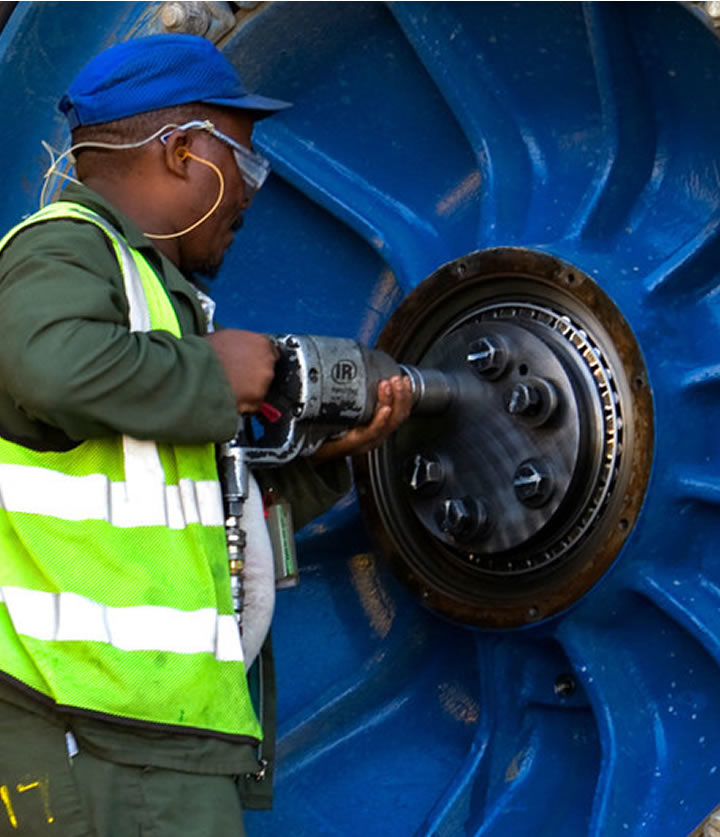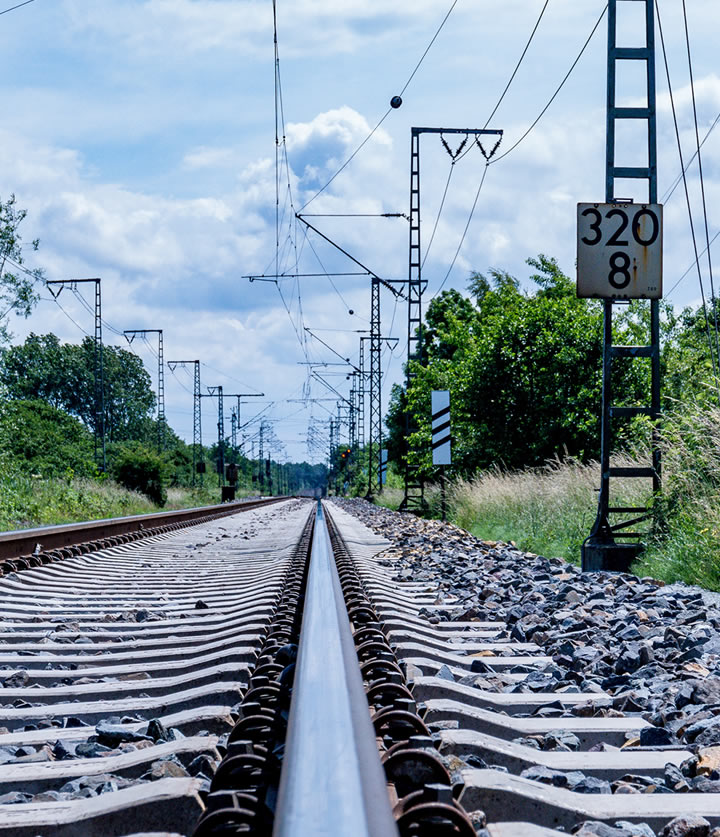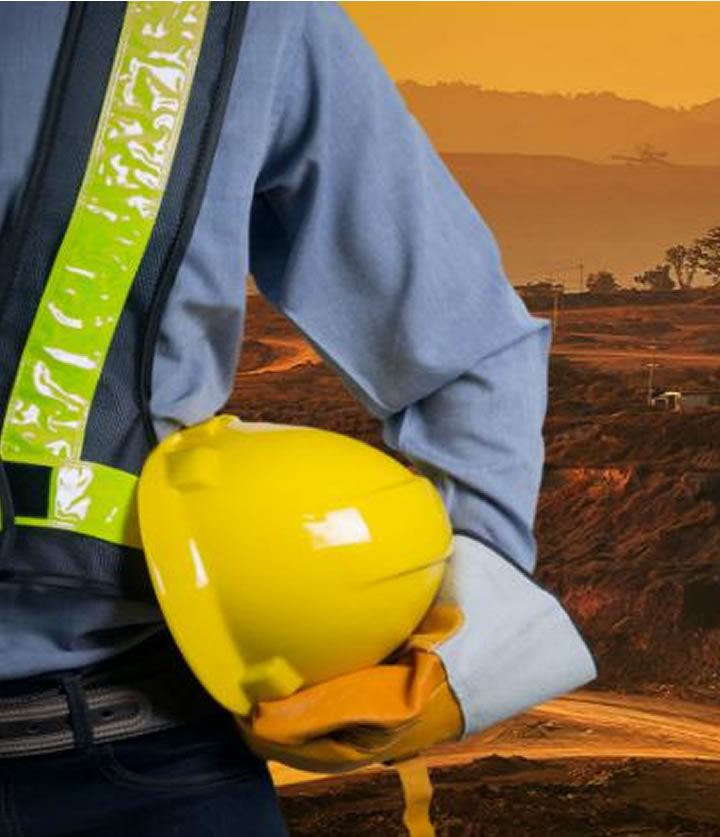Background
- Home
- Background
In Sub-Saharan Africa, poor infrastructure cuts national economic growth by 2 per cent every year and reduces productivity by as much as 40 per cent. Currently, only 38 per cent of African population has access to electricity, less than 10 per cent is connected to the internet and only 25 per cent of Africa’s Road network is paved. The financial gap to provide these outstanding infrastructure services amounts to 130 to 170 billion US dollars per year. To address these challenges, the African Heads of State and Government adopted the Programme for Infrastructure Development in Africa (PIDA) in January 2012 as the continental strategic infrastructure framework set to run until 2040. And premised by Agenda 2063, the African Union’s (AU) strategic framework for the socio-economic transformation of the continent over the next decades, identifies PIDA as the key strategic framework for the development of regional infrastructure – 5 of the 12 flagship programmes of Agenda 2063 are PIDA programmes and related to infrastructure.


There is no doubt that majority African countries are facing mammoth infrastructure needs, hence the urgency to change their focus, security and strategy. And even if the continent had the resources, it is not wise to devote such into financing infrastructure without enabling the capacity to secure and safeguard these assets and facilities. No country or region in African history at least, has ever had to fill its entire infrastructure deficit before igniting and sustaining high rates of growth. Indeed, in the 19th century’s industrial revolution and the 20th century’s miracle economies, countries from several global regions grew at high rates for long periods, while having wide infrastructure deficits. These augmented references enhance the continent’s desires to accelerate it infrastructure needs, building capacity to security, maintain and create ecosystems to close emerging deficits and gaps.
The African Critical Infrastructure Security (ACRIS) Summit, Training and Tours will consist of close knighted Infrastructure Security stakeholders’ convergence, basically in relation to boosting inter and intra capacity for Africa’s Infrastructure readiness and security post-COVID-19 recovery, while empowering personnel and operators to accelerate optimal and sustainable delivery for Africa’s sustainable development and socioeconomic transformation.
The ACRIS Summit and Tours will bring together more than 120 Critical Infrastructure Security and Management professionals from Africa to Turkey to prioritize issues ranging from knowledge sharing experiences to Infrastructure site tours. The program will scale into a week-long of interface, cross examination and simulations. It will explore some of the continent’s biggest challenges and predictions across infrastructure and security lifecycle – construction, asset/facility management, disaster resilience and security policy.


As Africa’s infrastructure industry is set to play a major role in continent’s post-COVID-19 recovery, creating enormous growth, safety resilience, adequate governance architecture and opportunities, there are also new and emerging challenges, and pressures to meet demand. This means it is critical for infrastructure developers and security professionals to stay informed on the latest in the safety industry arena, from projects to technologies, and from emerging security strategy to innovations and future Africa economic outlook.
The program will inspire, mentor and raise energetic infrastructure security champions with the mindset to co-create synergies that will continue to feature robust consulting and networking opportunities from an avalanche of vibrant security and safety protocols for the benefit of Africans to boost our economic and empower top industry professionals.



